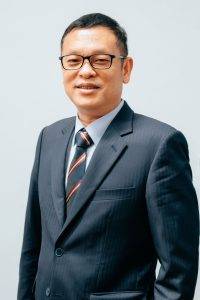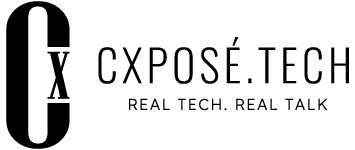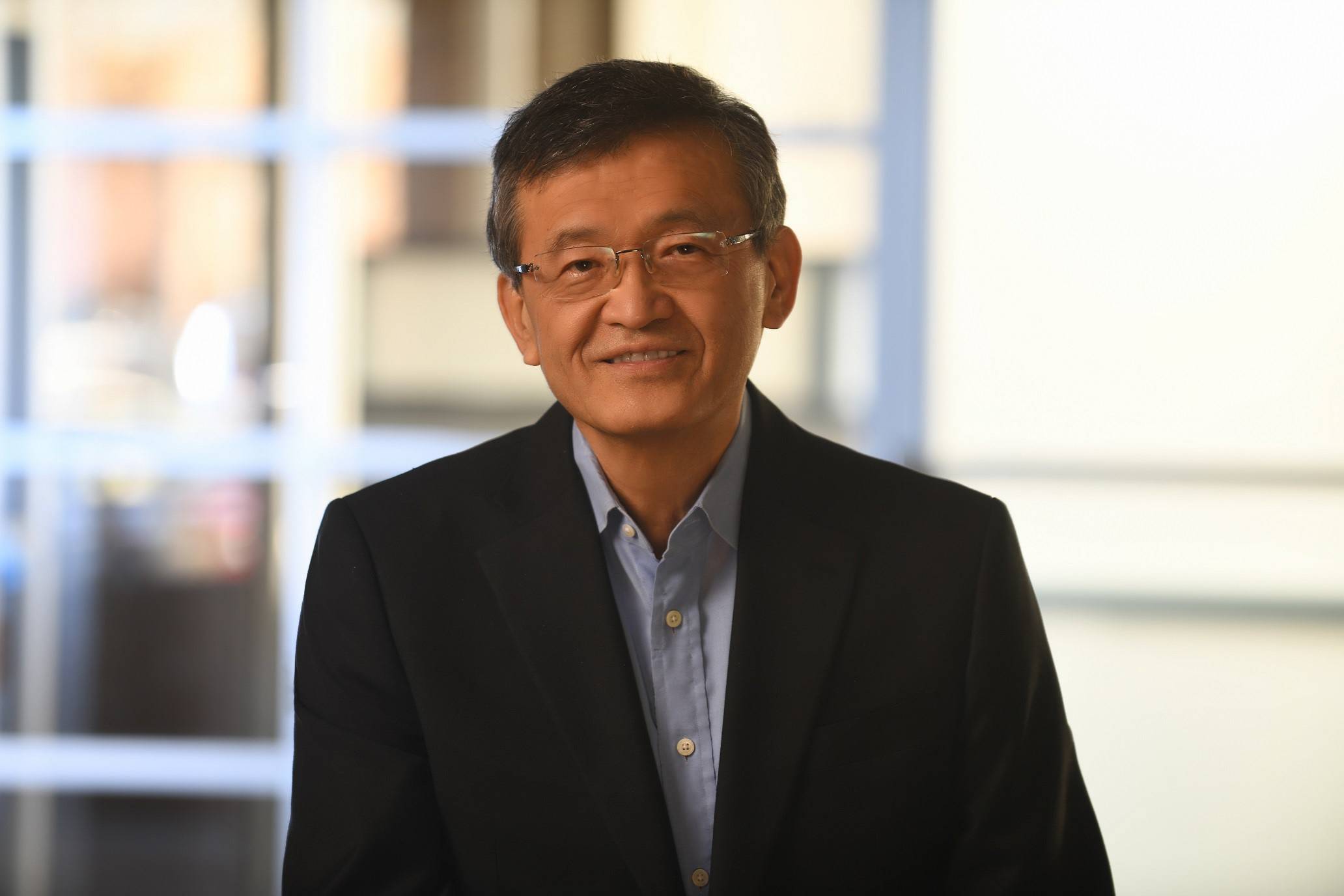Finding a unique demand can be as critical to success as the business model to harness that unique demand. For Sam Hwang and Tony Er, co-founders of DagangHalal.com, it took ten years and a Re-Start in 2019, for the eCommerce platform to blend the two and arrive to where they are today.
Sam and his team’s journey into the halal market wasn’t a straightforward path. Sam admitted, “At the very early stage, I actually wanted to go in the direction of a general platform, exactly like Alibaba.com.
“After more research, however, I decided to give in to what the others already wanted.”

Sam Hwang
What caused this change of heart? Sam had discovered the world’s top 10 FMCG key players like Nestle, PepsiCo, Unilever, Mondelez, Procter & Gamble, Coca Cola and a few more, had a big variety of their products halal-certified.

Tony Er
“The way I see it is if all these MNCs and Fortune 500 companies can see viability in this, the potential of this business should be very big,” Sam explained, adding that these leading market players tend to be always at least 10 years ahead of the competition.
It was simply an opportunity that was not to be passed up.
Biting the bullet… adapting to market realities
Despite the initial cognizance being a platform operator is very difficult, Sam and his team bit the bullet anyway because of the potential involved, and the deep research which led them to the halal market, a sector with unique needs and concerns.
“We found that the halal business has potential and is quite possible, because Muslim consumers are very concerned about complying to halal standards, especially (when it comes to) elements inside their food and daily consumption products,” Sam noted. This insight became the foundation for their business model.
The road to success wasn’t without its bumps. Initially, the company focused on being a matchmaking platform for buyers and suppliers. “At the same time we also capitalized on our ability to build software where we have collaborated with JAKIM in the past on a project to connect and share data with all the Halal certification bodies worldwide recognized by JAKIM. The purpose (of this) is to facilitate manufacturers with compliance data more easily, so they can achieve compliance quickly and effectively.”
However, Sam and his team soon realized the limitations of the ‘matchmaking’ business model as well as the lack of depth quantity in the data their platform was “exchanging”.
A much-needed pivot
Sam reflected on a pivotal moment that also lends perspective to the situation at the time. Despite demand and requests from large organizations for DagangHalal to become the agent for them to manage the sourcing activities for the suppliers, Sam previous team typical respond to the is that it wasn’t in their job scope to do so.
“We only want to connect demand with the supply, and left the commercials term and transactions between them. That was the big mistake we made during that time, and this became very obvious during international trade fairs that we regularly bring our suppliers to.”
In 2017, DagangHalal finally decided to step out of their comfort zone and participate in talks between buyers and suppliers. One prominent local manufacturer they had brought along at that time, closed deals with a large retailer with a network in China and Japan within 3 days at the event itself, that were worth millions.
This experience highlighted the need for a new approach. “We didn’t have the mindset. Our business model was wrong,” Sam admitted.
Also, despite readying an offline platform to facilitate business, Sam said that it also still lacked very crucial trading know-how.
“We are not traders. We are still the platform provider only. This is the problem we faced at that time.”
Despite the large deals they helped to facilitate, Sam also admitted, “We are not able to help everyone.”
“Now, we have our sights set on high-quality products that can sustain long-term businesses. When their product market acceptance is good and the margins are good enough for distributors and retailers, we recognize them as potential rising stars that can become cash cows at a later stage.”
In 2019, Sam and his partner Tony Er had to bite the bullet again, by deciding to acquire the shares from the previous shareholders and rebuild the company and rectify the situation by learning the trading business.
“We decided to step up, take over the whole thing, change the business model, and restart everything.”
The timing did not work in their favor, however. Just as they confirmed their resolve to become exporters, the whole world went into lockdown.
The Big Restart
Sam reminisced, “In 2023 we reconnected with our international buyers and suppliers to start the whole process again.”
But there is a new revenue stream that has emerged for DagangHalal.com as well. This revenue stream first requires answering questions like, what is the formula to be able to do international trade, what are the standard margins for distributors, retailers, manufacturers, and DagangHalal itself for certain kinds of products in certain kinds of categories?
“Yes, it is very difficult, especially in the beginning. But only when we captured all this information and the real trading experience, were we able to formulate a better plan and bring our knowledge back to our ecommerce system to better help our suppliers,” Sam said emphatically.
With a systematic approach towards their suppliers that involved categorization and capturing evidence of sales performance of products, DagangHalal.com had a clear idea of their next steps.

“Now, we have our sights set on high-quality products that can sustain long-term businesses. When their product market acceptance is good and the margins are good enough for distributors and retailers, we recognize them as potential rising stars that can become cash cows at a later stage.
“We want to identify these suppliers and work with them to grow mutually. We will share our knowledge and majority of our global distribution networks with all of our suppliers, anyway.”
The Global Halal Distribution Network (GHDN) by Dagangasia Network Holding Sdn Bhd aims to simplify the global distribution of Halal products while fostering trust and transparency. GHDN addresses the complexities of the Halal industry, easing the processes from certification to distribution and ensuring compliance with diverse regional requirements.
“That was the big mistake we made during that time, and this became very obvious during international trade fairs that we regularly bring our suppliers to.”
By offering a reliable and transparent e-marketplace for international trade, GHDN enables a flexible supply chain from sourcing to retail, including adherence to export compliance requirements in destination countries.
This approach reduces the time and cost for businesses to reach global buyers, helping them access the growing Muslim market more efficiently and positioning as a leader in modernizing Halal distribution worldwide.
The Future of Halal eCommerce
Looking ahead, Sam and his team are focusing on two main challenges: compliance and transactions. “Everyone is talking about how to comply. But how about the other side? You need business. You need money to continue to sustain,” Sam emphasized.
Their approach now includes not just facilitating buyer and suppliers’ business matching but closing the transactions and potentially becoming exporters themselves, exploring OEM opportunities, and co-branding with manufacturers. The company’s journey illustrates the perfect blend of IT solutions and Halal eCommerce with export trading that yields millions in return because of the willingness to reflect, adapt, and pivot with perseverance.








